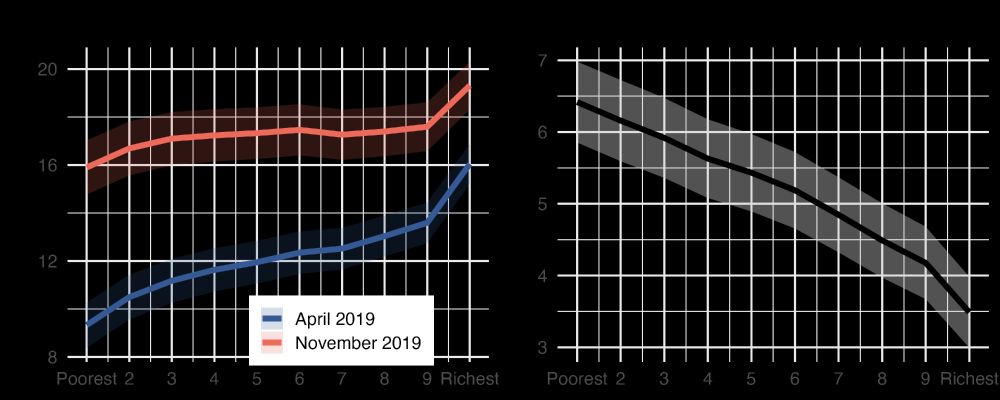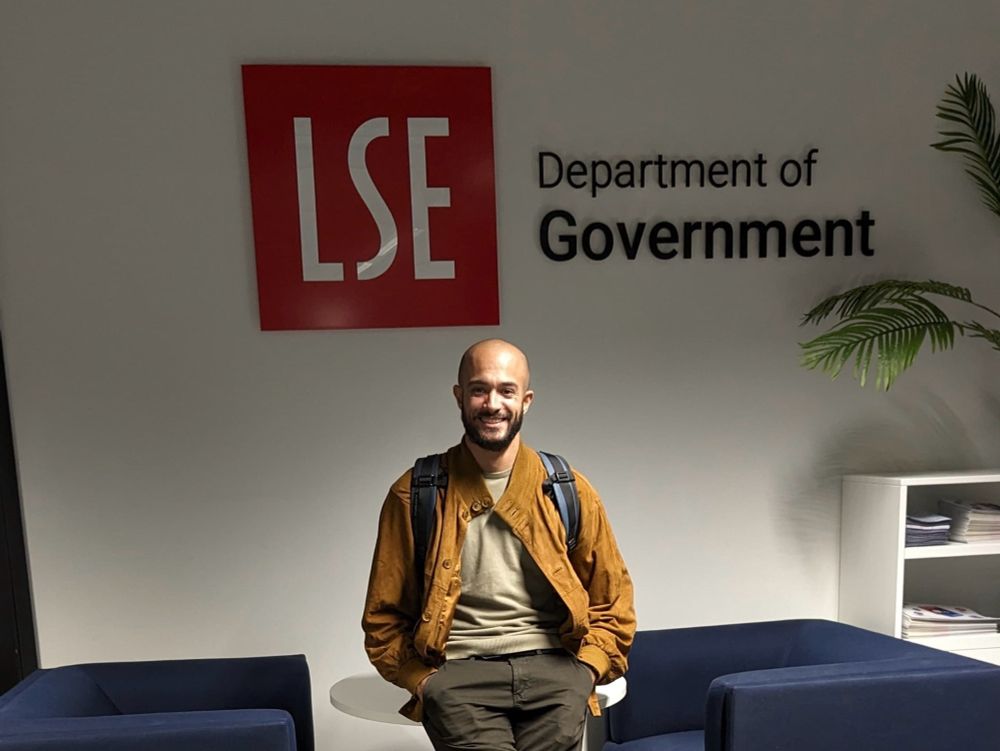
https://tarekjaziriarjona.com








1️⃣ Destination: Visits from areas with higher normalization increased normalization.
2️⃣ Origins: Travelers returning from normalized areas spread these perceptions back home, especially when other travelers come from regions with higher normalization.


1️⃣ Destination: Visits from areas with higher normalization increased normalization.
2️⃣ Origins: Travelers returning from normalized areas spread these perceptions back home, especially when other travelers come from regions with higher normalization.


🌐Link: osf.io/preprints/os...
Our interconnected world fosters unprecedented flows of people, goods, and ideas. Can this also reshape perceptions of what is politically acceptable? 🧵


🌐Link: osf.io/preprints/os...
Our interconnected world fosters unprecedented flows of people, goods, and ideas. Can this also reshape perceptions of what is politically acceptable? 🧵






